According to IU School of Medicine, in 2021, there are approximately 81,911 registered nurses in Indiana. Lydia Roberts, a student in the Certified Nursing Assistant (CNA) program and junior, said she wants to be one of them in the future.
“For me personally, I was always kind of interested in the nursing field but I haven’t taken any of the medical classes, and so I wanted to find a way for me to get exposure to nursing and the health sciences without just committing to it as a major in college,” Roberts said. “(CNA) helps in deciding if I want to stay in this career as I am spending three hours every two days on this for a year, so it gives me the experience without fully committing to it, and I am getting college credit without paying for it, which is really nice.”
Roberts has been taking the CNA training class, which is taught in three parts, which are A/P, Medical Terminology and CNA preparation. Daily tasks of this class include oral care, bed baths, giving showers, shaving, combing hair and dressing the resident. This class includes a lot of book work and hands-on material and the class schedule is one and a half hours each day for a whole year. If a student takes the CNA program, they will also receive a dual-credit from Ivy Tech for medical terminology.
Roberts said, “Sometimes we will do anatomy first, then we will move into the general CNA stuff. It just kind of bounces around everywhere, and in my experience, it’s a lot more hands-on because we have hospital beds and mannequins, we are either practicing on those mannequins or on our other classmates. So there isn’t a lot of stability on what you can do throughout the day. No two days are ever the same.”

Kelly Sipkema, certified nurse and CNA teacher, has been a nurse for 14 years and started teaching this program in 2020. Students at this school used to attend a career center to obtain their CNA until CHS decided to move the CNA program in house three years ago.
Sipkema said via email, “The (thing I like most) about the class is watching the students grow from the classroom setting, to the clinical setting. The students have to complete five to eight hour days at a skilled facility at Copper Trace in Westfield. This is where they put their studies from the classroom into action and actually take care of resident’s hands. Healthcare is so short right now of great healthcare workers, so if I can teach students and help them be successful in the classroom and clinical setting, then it’s a win-win for both the high school and the healthcare field.”
During this program, according to Sipkema, students are also required to go to senior centers near central Indiana and as well as some IU hospitals where they will do their clinical rotations and get to help other certified nurses.
Roberts said, “I wasn’t sure if this was something I actually wanted to do based on the class, but going into the clinical (places) and actually being able to work in the environment as teens and getting that hands-on experience, where they treat you like you know what you are doing. It was really cool to experience that and not just be watching some else do it like a shadow experience.”
Aryanna Wright, a nursing capstone student and senior, talked about her experience when doing her clinical experience.
“I go into a hospital and work as a suited CNA there, so I am kind of under the other CNAs and just help with the workload they have,” she said. “I take vitals of the patients, or if the patient needs me to grab anything I would go do that, also if the nurses need help with certain procedures I would help them with that too. When I walk in (the clinic) and I have my scrubs on and I am just helping people, it just shows that this is what I meant to do.”
Similarly, Roberts said she also had treasured memories from her to me as a nursing capstone student.
“My very first time on a clinical, I was on a specific unit and its just been the unit I keep on going back to, because of this old lady I saw with Alzeheimers recognize me when I haven’t seen her after two weeks is just so special to me because there are people that don’t have very many relationships or people that are consistent in (the residents) lives but the fact that they can remember me and them being appreciative of what you are doing and it was just really cool,” she said.
All three had different reasons for wanting to go into the medical field.
“I had a lot of health problems as a kid,” Wright said, “So I would be in the hospital for pretty much my whole childhood and seeing the nurses going above and beyond for me and make me comfortable, and me feeling like I remember them 10 years later and I want to make that impact on people. So just being able to give (the same feeling) to other people I feel like would be a good contribution.”
On the other hand, Sipkema said, “I actually never wanted to be a nurse. I always wanted to be a second grade teacher. When I was in high school, I shadowed a second grade teacher and didn’t really care for that young of an age. So, I decided to pursue nursing. I worked as an activity assistant all through high school and then became a CNA myself when I graduated high school while I was attending nursing school. I then got my license for nursing and later in my career found myself teaching.”
“My mom has been a nurse for 40 years,” she added. “ My brother and I learned at a young age to take care of residents when her staff would be short. I just took after her passion to help people which led me to nursing.”
As for Roberts, she said her grandmother had dementia and she and her mom were the caregivers for her throughout that whole process.
“She passed away, but I didn’t really realize that the experience with her and being able to understand and know personally of what someone may be going through, really helped me relate to the (residents) I didn’t have personal connections with, but because I had someone close to me go through it, I understand what it’s like,” Roberts said. “But just developing relationships and being genuinely excited to wake up at 5 in the morning and drive all the way to the place, it was just something that made me realize this is what I wanted to do.”
Most students who are taking the course are preparing for the Certified Nursing Assistant Indiana State exam which has both a written and skills competency test. The written test has 100-multiple choice questions. The individual must obtain an 80% to pass. The skills competency test consists of demonstration of hand hygiene and four additional skills that are randomly chosen. Individuals have three attempts to pass the written and skills test. Upon successful completion of both the written and skills portions the individual becomes a Certified Nurse Aide (CNA) and is entered in the Indiana Nurse Aide Registry.
Roberts said, “Our head teacher, Nurse Kelly, makes us treat others in the class as coworkers because our mentality is that we are all working towards the same goal, we are being treated as professionals, we are working towards getting the CNA certification, that pushes us into the special field, so obviously we have times where we are laughing and joking and it’s not all serious, but we do have some moments where we have to pretty serious because the state test is something that’s very strict.”
Sipkema said she would recommend this program to students who want to work in the healthcare field.
“Most colleges, not all, are now requiring the student to obtain their CNA before they will be admitted into Nursing School and or PA school/Medical School,” she said. “It’s very important that they enroll in this class. Plus it’s free to the student, so why not obtain the certification. At the end of the year of this program, students take the certification exam with Ivy Tech to obtain their CNA license. Students once certified will make $18 to $25 an hour working in healthcare. For juniors, at the end of the program they can sign up for the senior year to take the capstone with a work based/learning coordinator that will allow the student to do an internship with the local hospitals their senior year. Which looks awesome on their resume and great experience in general.”
Wright said she knows she’s in the right place.
She said, “I feel like being able to talk to people and patients, and being able to see actual nurses there motivates me, because that’s how I know what I want to be and tells me that I want to be there.










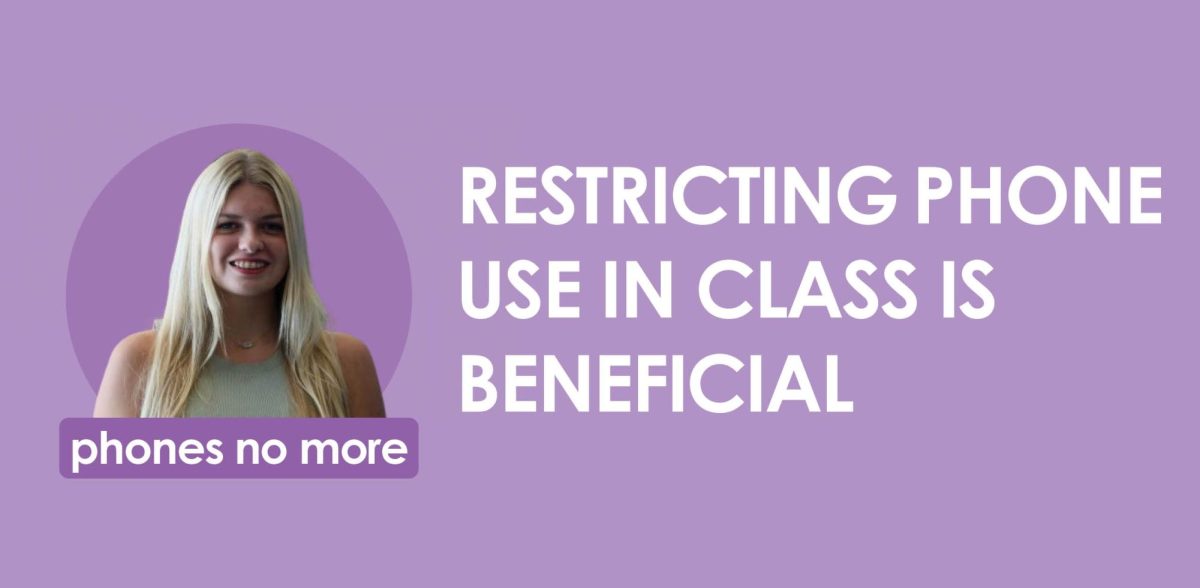
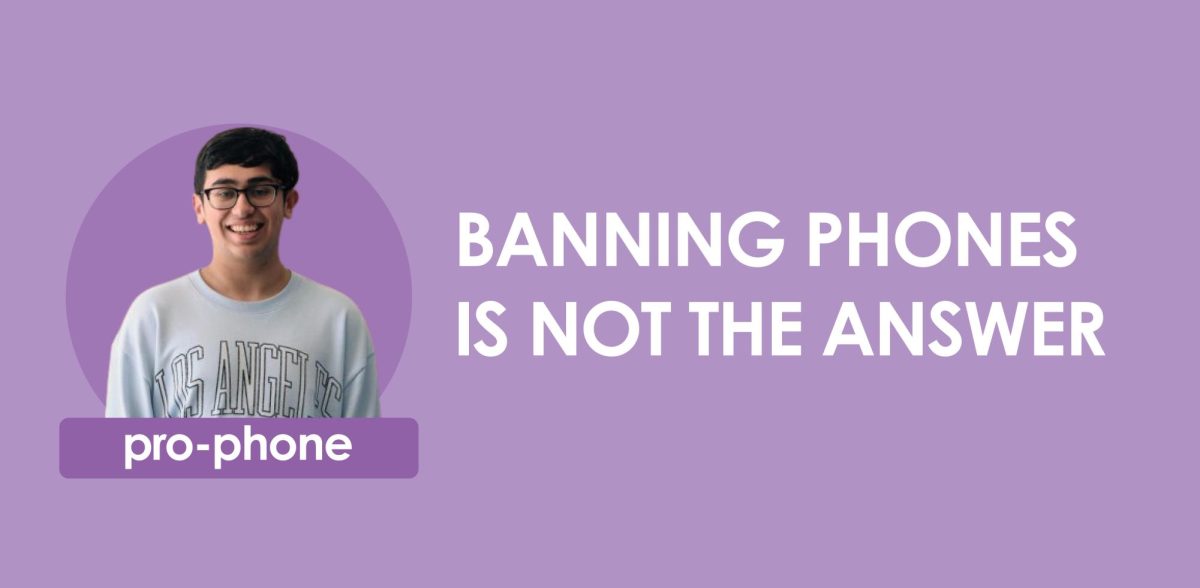
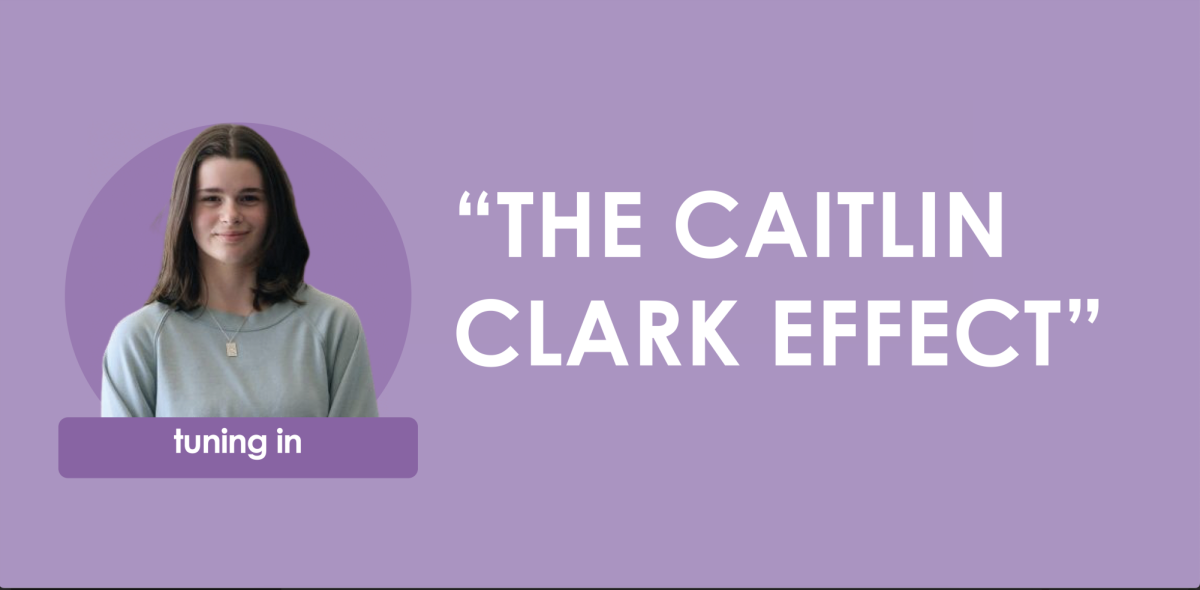


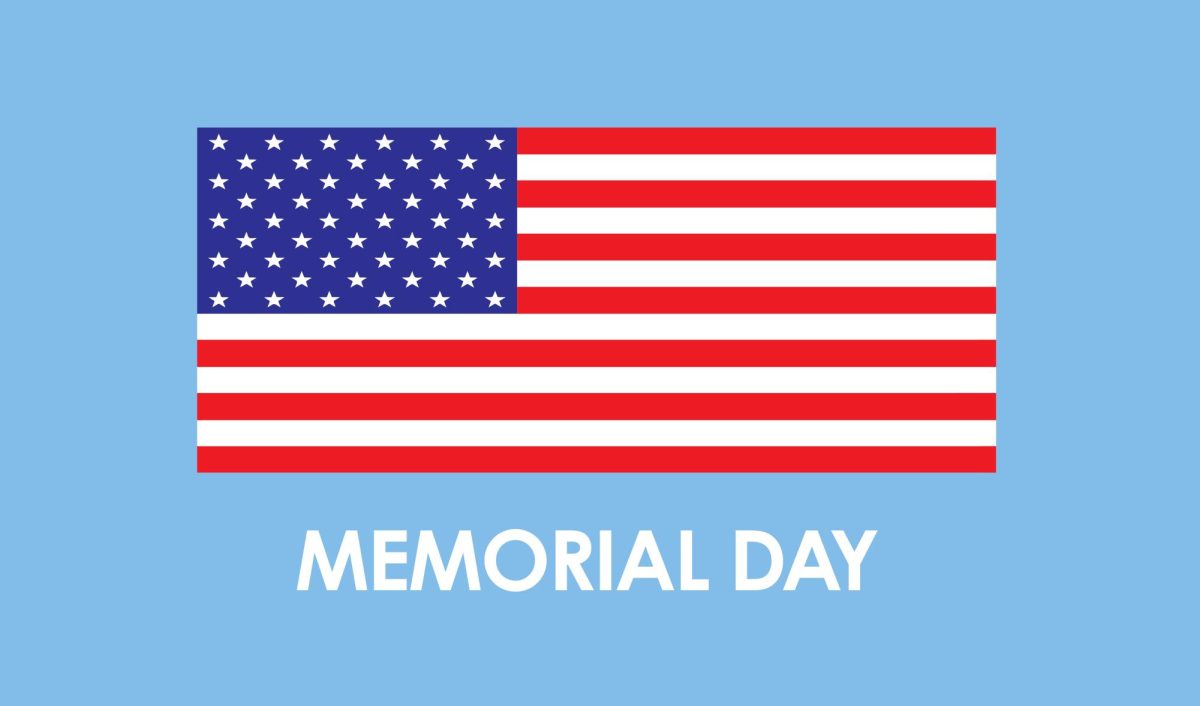





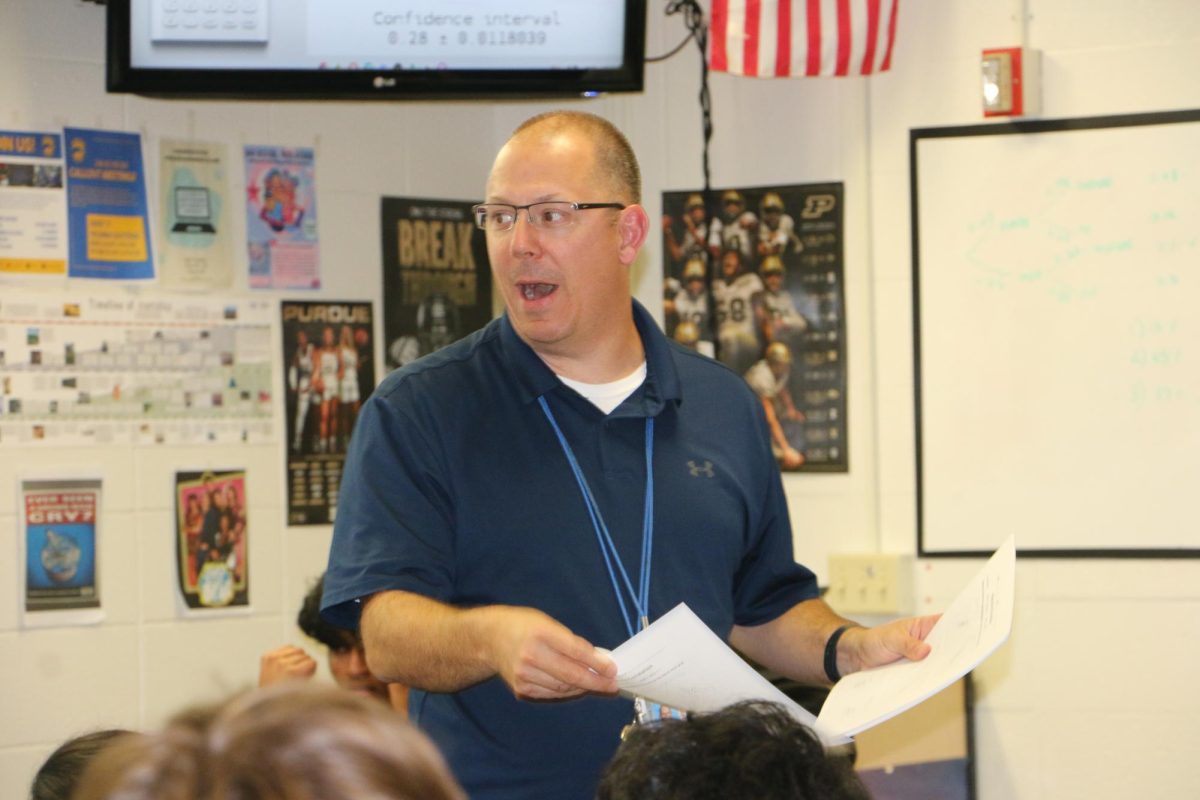








![Family vlogger controversy, need for content reform [opinion]](https://hilite.org/wp-content/uploads/2024/05/Screenshot-2024-05-14-11.33.37-AM-1200x465.png)
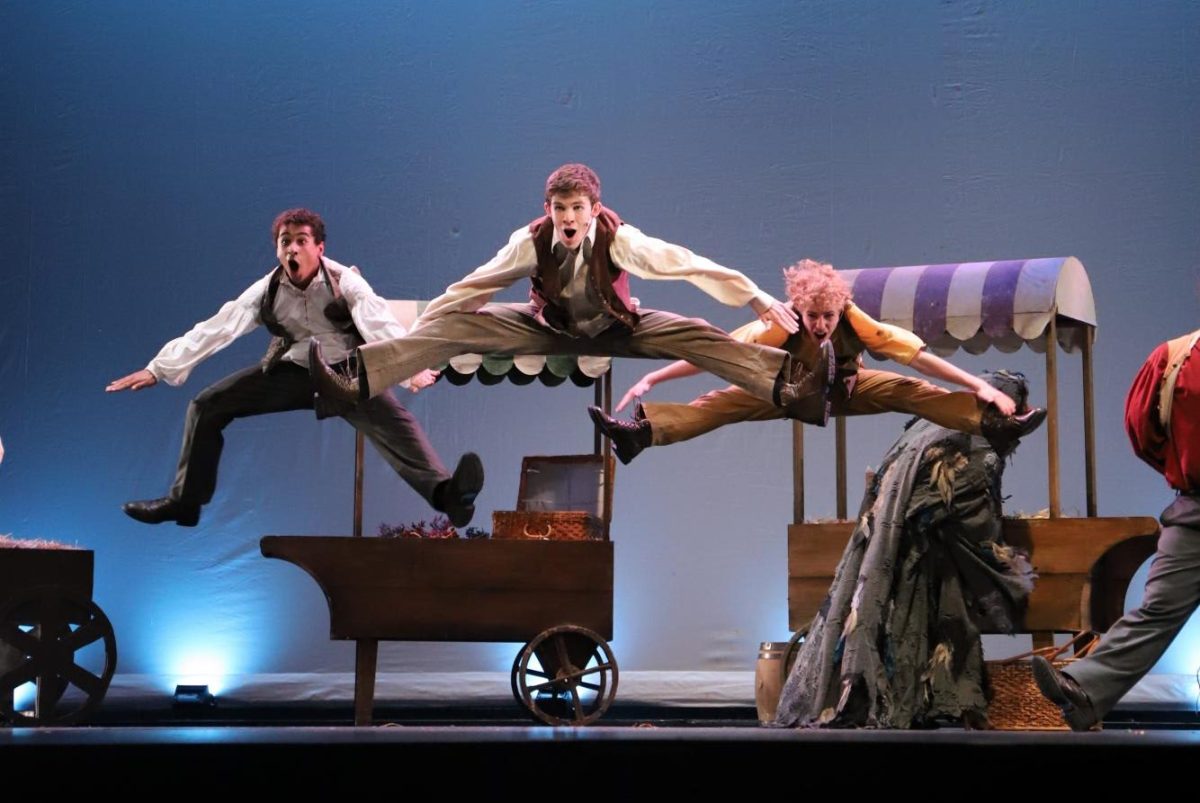




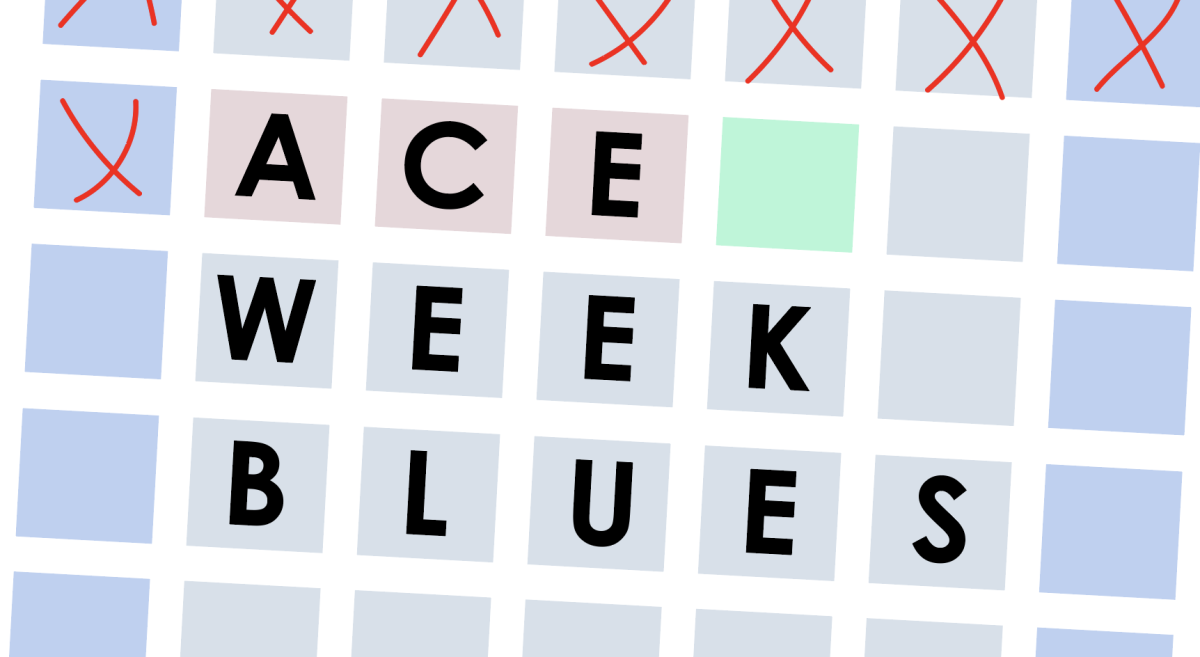
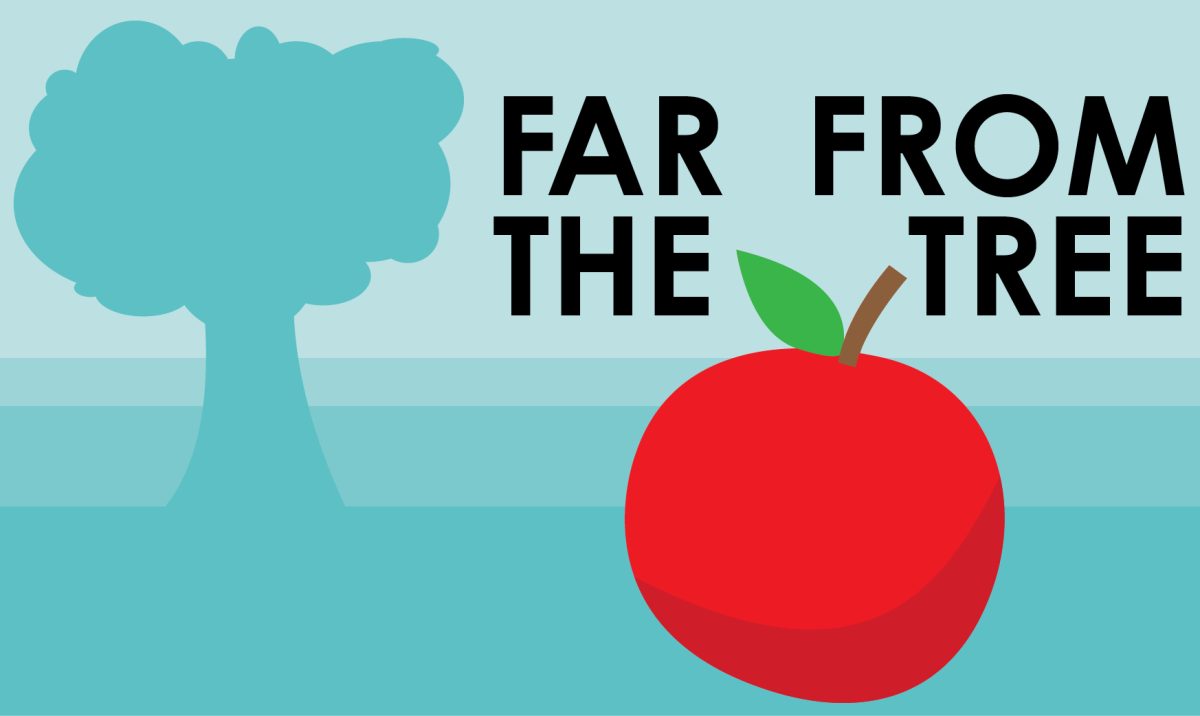

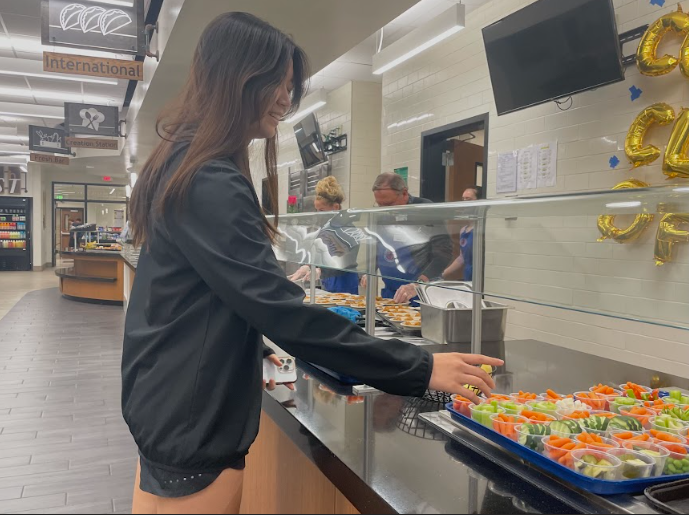





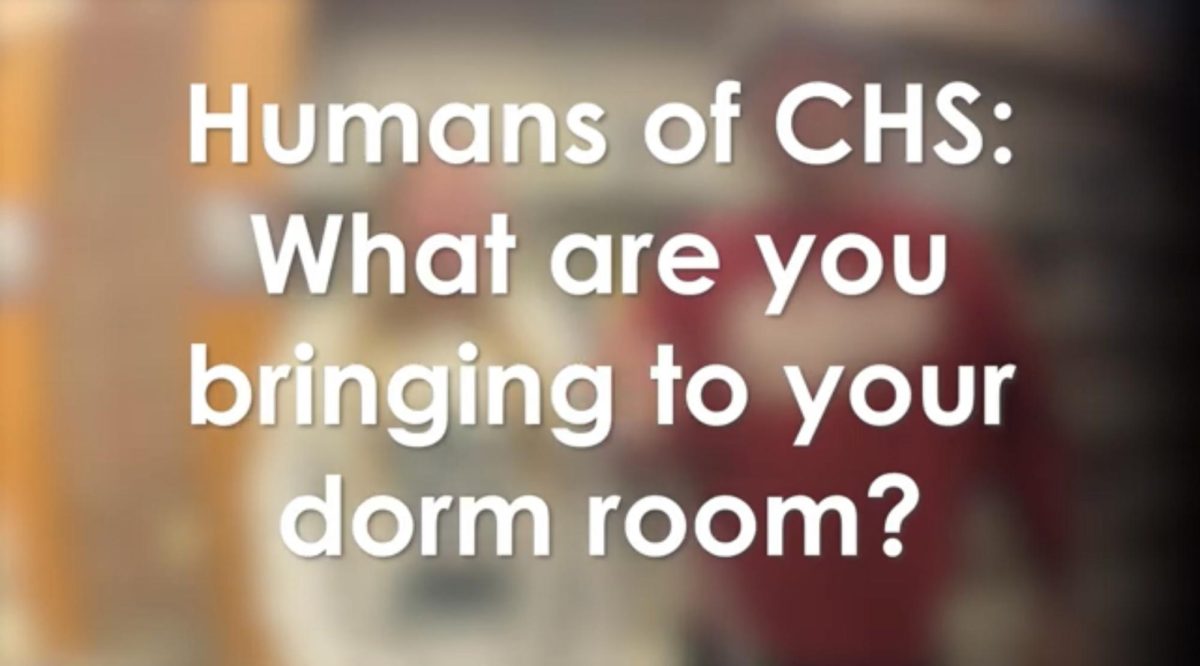









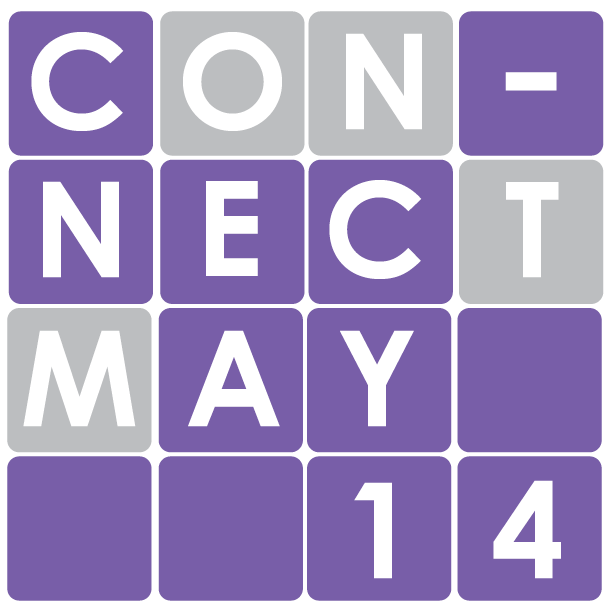

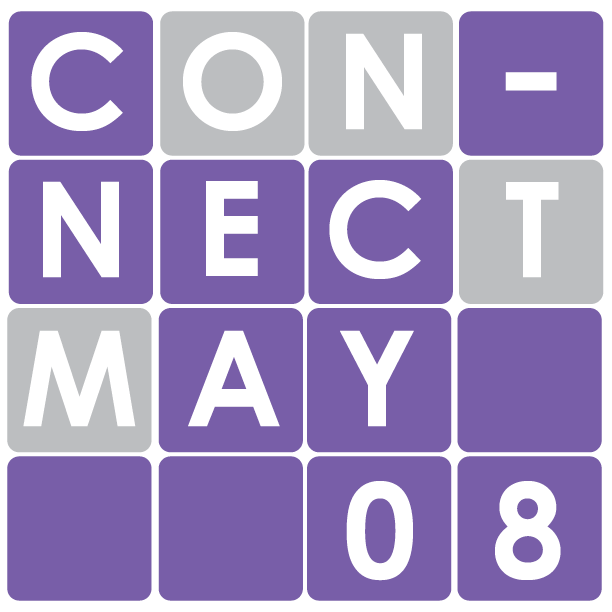

![Review: Taylor Swift’s new album The Tortured Poets Department is not her best work but is still a brilliant album [MUSE]](https://hilite.org/wp-content/uploads/2024/05/The-Anthology_Cover-1200x675.webp)
![Review: Challengers does it all [MUSE]](https://hilite.org/wp-content/uploads/2024/05/challengers-poster-1200x600.png)
![Review: A House of Flame and Shadow by Sarah J. Maas was a disappointing read [MUSE]](https://hilite.org/wp-content/uploads/2024/05/house-of-flame-and-shadow-feature.png)
![Review: Conan Gray’s new album, “Found Heaven”, is a refreshing twist on modern music [MUSE]](https://hilite.org/wp-content/uploads/2024/05/Screenshot-2023-10-31-at-16.01.05.webp)
![Review: “Bodies, Bodies, Bodies” is the quintessential Gen-Z movie [MUSE]](https://hilite.org/wp-content/uploads/2024/05/Screenshot-2024-05-15-140618.png)
![Review in Print: Maripaz Villar brings a delightfully unique style to the world of WEBTOON [MUSE]](https://hilite.org/wp-content/uploads/2023/12/maripazcover-1200x960.jpg)
![Review: “The Sword of Kaigen” is a masterpiece [MUSE]](https://hilite.org/wp-content/uploads/2023/11/Screenshot-2023-11-26-201051.png)
![Review: Gateron Oil Kings, great linear switches, okay price [MUSE]](https://hilite.org/wp-content/uploads/2023/11/Screenshot-2023-11-26-200553.png)
![Review: “A Haunting in Venice” is a significant improvement from other Agatha Christie adaptations [MUSE]](https://hilite.org/wp-content/uploads/2023/11/e7ee2938a6d422669771bce6d8088521.jpg)
![Review: A Thanksgiving story from elementary school, still just as interesting [MUSE]](https://hilite.org/wp-content/uploads/2023/11/Screenshot-2023-11-26-195514-987x1200.png)
![Review: When I Fly Towards You, cute, uplifting youth drama [MUSE]](https://hilite.org/wp-content/uploads/2023/09/When-I-Fly-Towards-You-Chinese-drama.png)
![Postcards from Muse: Hawaii Travel Diary [MUSE]](https://hilite.org/wp-content/uploads/2023/09/My-project-1-1200x1200.jpg)
![Review: Ladybug & Cat Noir: The Movie, departure from original show [MUSE]](https://hilite.org/wp-content/uploads/2023/09/Ladybug__Cat_Noir_-_The_Movie_poster.jpg)
![Review in Print: Hidden Love is the cute, uplifting drama everyone needs [MUSE]](https://hilite.org/wp-content/uploads/2023/09/hiddenlovecover-e1693597208225-1030x1200.png)
![Review in Print: Heartstopper is the heartwarming queer romance we all need [MUSE]](https://hilite.org/wp-content/uploads/2023/08/museheartstoppercover-1200x654.png)






















![Review: “Ginny & Georgia” is a dramatic and poorly made emotional rollercoaster–and I loved it anyway [MUSE]](https://hilite.org/wp-content/uploads/2024/03/ginny-and-georgia-season2-main-be37bbb9487a41e88b3f66c3baacd5c3-300x177.jpg)
![Review: Witch Hat Atelier is a masterpiece in art and world-building, but the story has only begun [MUSE]](https://hilite.org/wp-content/uploads/2024/01/unnamed-211x300.png)
![Review: “Mysterious Lotus Casebook” is an amazing historical Chinese drama [MUSE]](https://hilite.org/wp-content/uploads/2024/03/0-300x170.webp)
![Review: “A Little Life” by Hanya Yanagihara is the epitome of a heartwrenching masterpiece [MUSE]](https://hilite.org/wp-content/uploads/2024/01/unnamed-5-300x200.png)


